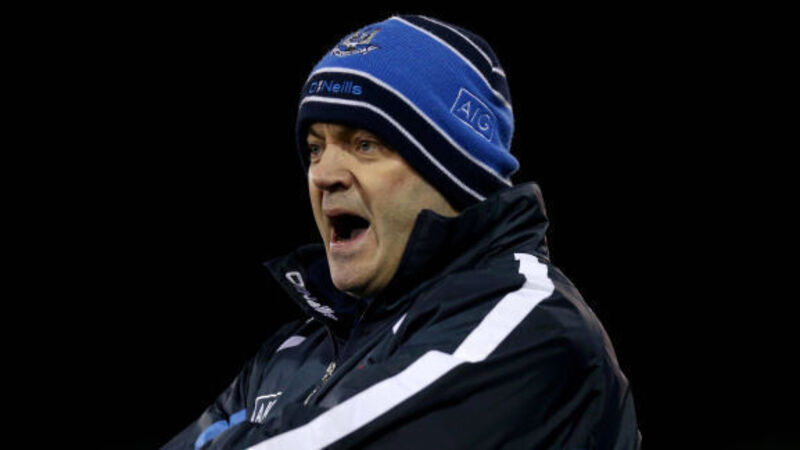Dalo’s life even more tormenting without torment of management

After Dublin were shocked and dumped out of the championship by Antrim in 2010, Daly couldn’t bring himself to go home so he took the turnoff for Galway instead and with a baseball cap pulled over his eyes, booked into a city hotel and “stole away to the bedroom like a convict on the run”.
A day later, driving down by the Clare coast, he was feeling little better. “Walk away from this,” a voice in his head said. “Go back and run your shop and pub, you eejit.”












